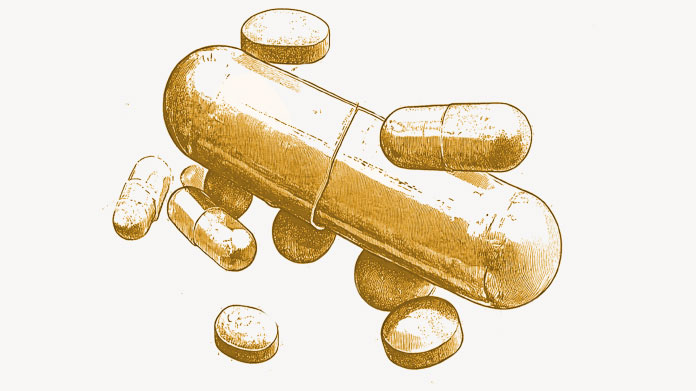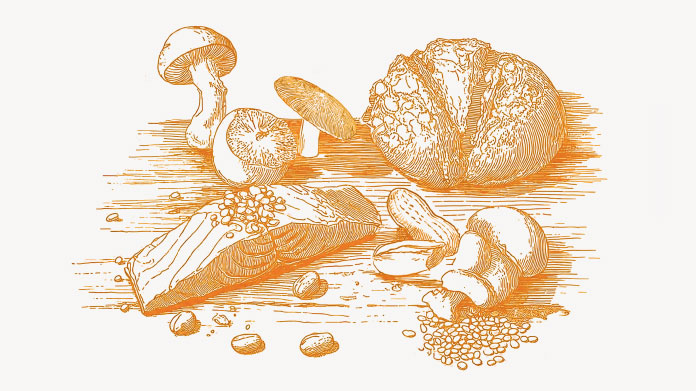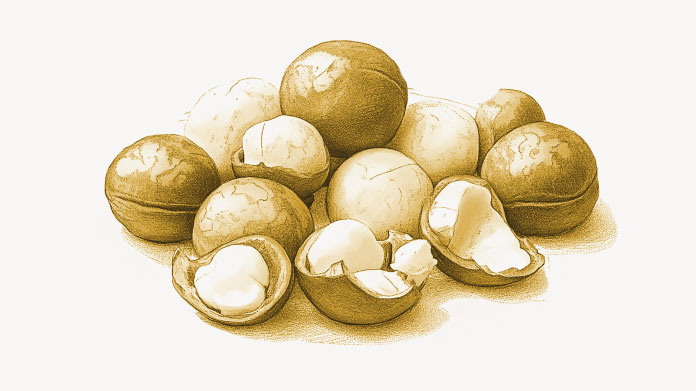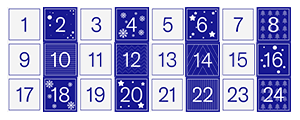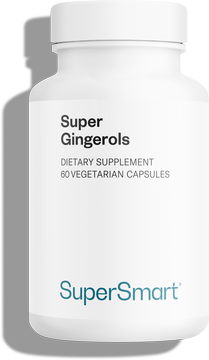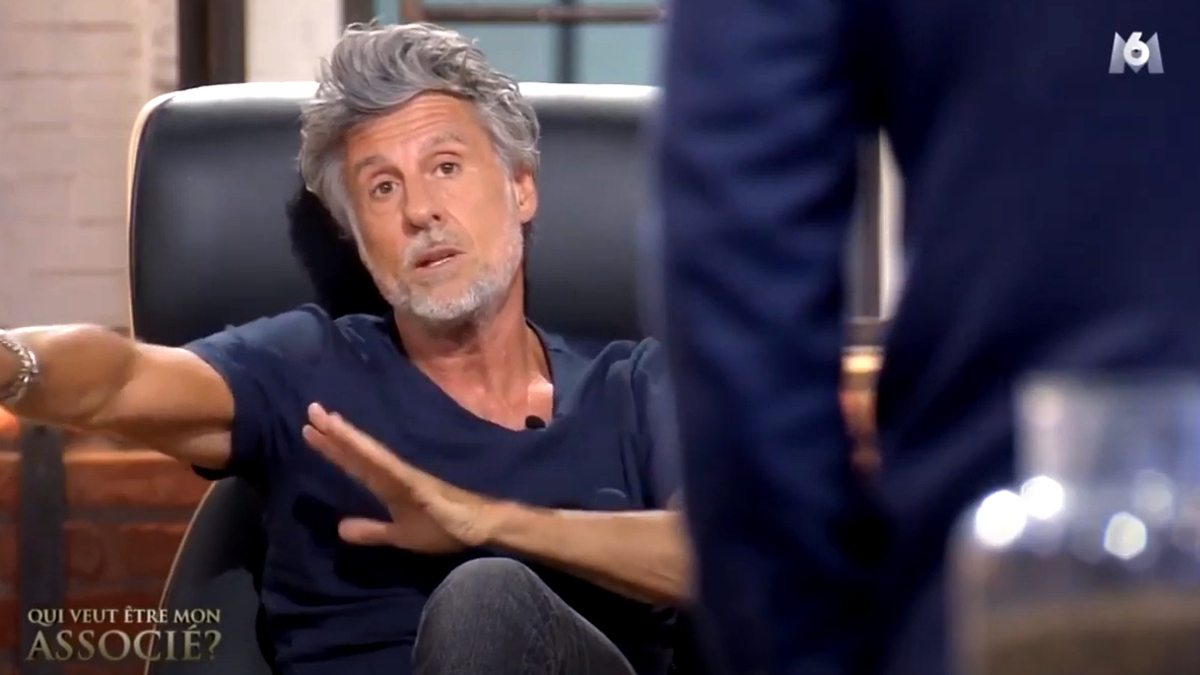
A video clip widely-shared on social media
Born in 1963, Marc Simoncini is a French entrepreneur and founder of several companies including iFrance and Meetic. In 2020, he took part in the programme ‘Who wants to be my associate?’ (adapted from the British ‘Dragon’s Den’).
Following one candidate’s pitch (for a medical project), Simoncini recalled his troubling meeting with a pharmaceutical industry director :
- TRADUCTION SOUS LA VIDÉO -
Here’s a summary of what Marc Simoncini said:
You put me in a difficult position. I need to tell you a story … Twenty years ago, we wanted to find out whether giving vitamins and dietary supplements to children would reduce their risk of developing cancer in later years. For eight years, the children were given capsules – half received vitamins and the other half a placebo, in order to identify whether one group would go on to be less healthy than the other.
The chief executive goes on:
And I remember going to see the top director of the biggest laboratory in France to ask him for 150,000 francs (that’s around €23,000) to develop this study. He received me in his office in his pink silk socks – I’ll never forget it – and said to me “but why do you want me to prevent cancer in children when my job is to sell drugs once they’ve got it?"
Marc Simoncini concludes:
I never really got over that comment and I guess there’s a bunch of kids who’ve had cancer because they didn’t receive any vitamins.
This video clip has been widely shared on Facebook and other social media. The laboratory chief’s cynicism revealed by Simoncini has sparked outrage among many web-users.
The proven link between diet and cancer
Let’s take this opportunity to remember that numerous studies have shown that how we eat affects our risk of developing cancer: they include the many expert studies conducted by the National Institute of Cancer (INCa) in France, the International Agency for Research on Cancer (IARC), the World Cancer Research Fund (WCRF) and the American Institute for Cancer Research (AICR). (1-3)
The main causes of avoidable cancer include those related to nutrition: alcohol, an unbalanced diet and obesity, (to which smoking and a lack of physical activity should be added). So it’s vitally important to watch what you put on your plate!
What should you eat to reduce your risk of getting cancer?
The golden rule is well-known: eat a balanced diet.
In particular, make sure you eat plant-source foods such as fruits and vegetables (4-7). They are generally high in vitamins, antioxidants and fibre and are thus a key part of the healthy, varied diet you need to help prevent cancer (8-9).
In addition, try to avoid processed foods (ready meals, tinned food ...) as well as eating too much red meat, cooked meats and sugar.
References
- INCa/NACRe, « Nutrition et prévention primaire des cancers : actualisation des données », Rapport INCa, 2015
- CIRC/INCa, « Les cancers attribuables au mode de vie et à l’environnement en France métropolitaine », Rapport CIRC, 2018
- WCRF/AICR “Diet, nutrition, physical activity and cancer : a global perspective. A summary of the third expert report”, Rapport WCRF, 2018
- Oyebode O, Gordon-Dseagu V, Walker A, Mindell JS. Fruit and vegetable consumption and all-cause, cancer and CVD mortality: analysis of Health Survey for England data. J Epidemiol Community Health. 2014;68(9):856-862. doi:10.1136/jech-2013-203500
- Ashfield-Watt PA, Welch AA, Day NE, Bingham SA. Is 'five-a-day' an effective way of increasing fruit and vegetable intakes?. Public Health Nutr. 2004;7(2):257-261. doi:10.1079/PHN2003524
- Turati F, Rossi M, Pelucchi C, Levi F, La Vecchia C. Fruit and vegetables and cancer risk: a review of southern European studies. Br J Nutr. 2015;113 Suppl 2:S102-S110. doi:10.1017/S0007114515000148
- Block G, Patterson B, Subar A. Fruit, vegetables, and cancer prevention: a review of the epidemiological evidence. Nutr Cancer. 1992;18(1):1-29. doi:10.1080/01635589209514201
- Menon S, Lu C, Menon R, Schwartz J, Guan Y. Effects of Antioxidants in Human Cancers: Differential Effects on Non-Coding Intronic RNA Expression. Antioxidants (Basel). 2016;5(1):1. Published 2016 Jan 4. doi:10.3390/antiox5010001
- Carlsen MH, Halvorsen BL, Holte K, et al. The total antioxidant content of more than 3100 foods, beverages, spices, herbs and supplements used worldwide. Nutr J. 2010;9:3. Published 2010 Jan 22. doi:10.1186/1475-2891-9-3
4 Days
The products I use are excel·lent
The products I use are excel·lent
ROSAS Josep Maria
12 Days
Delivery is prompt and I never saw a…
Delivery is prompt and I never saw a quality problem with the manufacturing. It is not possible to assess efficacy on a personal basis, since too many factors come into play. Efficacy can only be assessed statistically with a sufficient number of cases.
Roger De Backer
13 Days
I collaborates with the Supersmart…
I collaborates with the Supersmart more than 10 years. Every thing is going good. Quality of the things is good. Delivery comes in time. Five stars definitely !!!
Oleksiy
13 Days
All good
Simple, frictionless site, easy ordering, good delivery updates and execution.
Chris Robbins
15 Days
I feel better
I feel better
Peter Ammann
15 Days
Prompt delivery
Prompt delivery
JAKUB Radisch
17 Days
My new go-to for top quality supplements!
I am buying more and more of my supplements from this superb, high quality company. Cannot recommend it enough. Plus, excellent customer service with a quick, helpful team and speedy deliveries. Highly recommend Supersmart!
Cecilie H.
20 Days
SUPERSMART WHAT ELSE👍
SUPERSMART WHAT ELSE👍
DIEDERLE Christophe
23 Days
Excellent quality products with…
Excellent quality products with innovative formulas, as someone who has been suffering with acid reflux, these supplements have been lifesavers.
Oriana Moniz
23 Days
high quality supplement!
high quality supplement!
GALANT
24 Days
Good service prompt delivery
Good service prompt delivery
Mrs Marcella Reeves
29 Days
I like your clear explanation
I like your clear explanation. And how to make a choice of products for a specific health problem
Ingrid
35 Days
Great product and it arrives quickly.
Great product and it arrives quickly.
SOMMARIVA Gianni
36 Days
Excellent products and fast service.
Excellent products and fast service. What do we need more?
Margarida
40 Days
The variety of products is amazing
The variety of products is amazing, the offers are good and the sending is very fast. I just miss having a bit more of guidance about combinations, possible interactions, etc.
Maria Angeles Verdu

